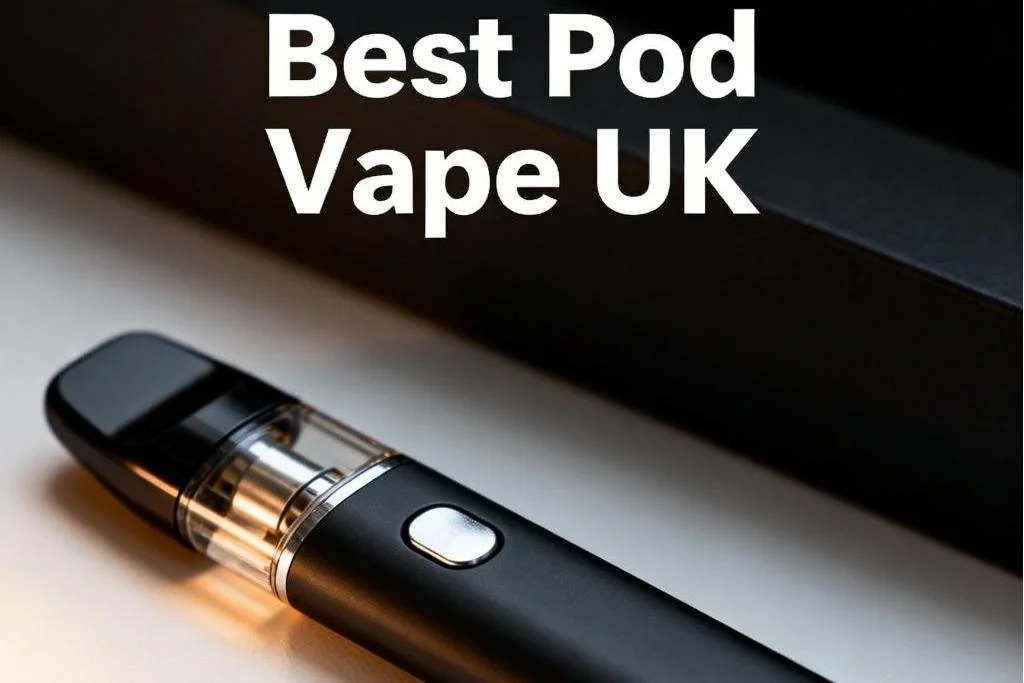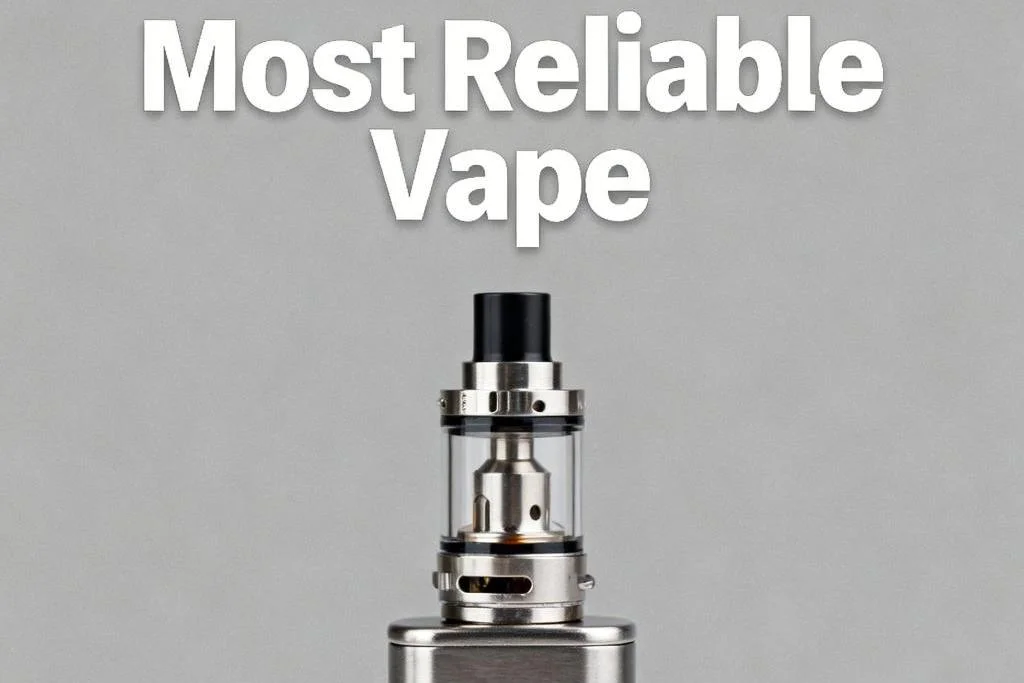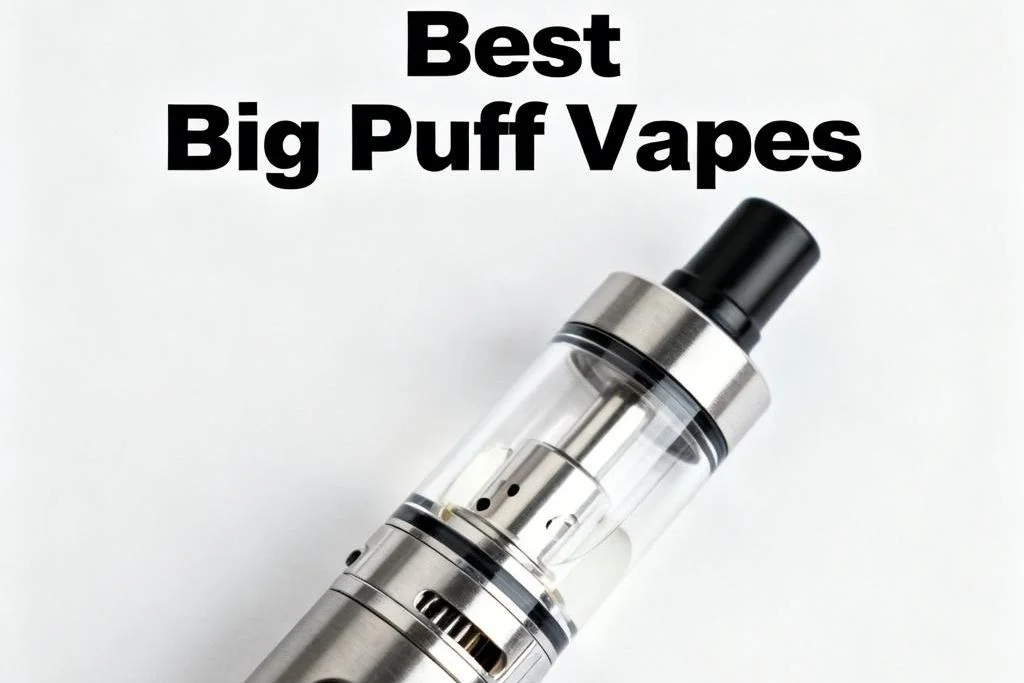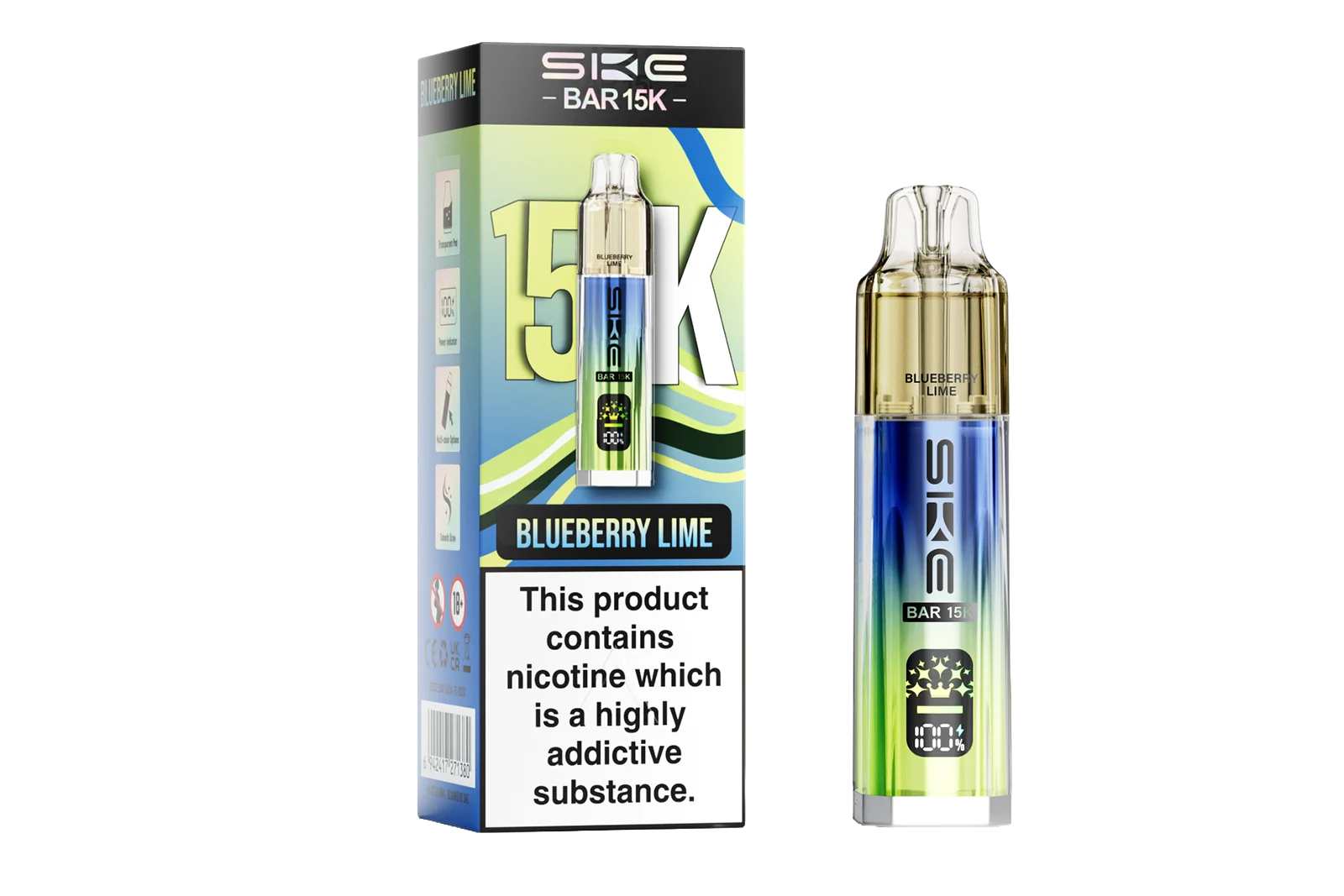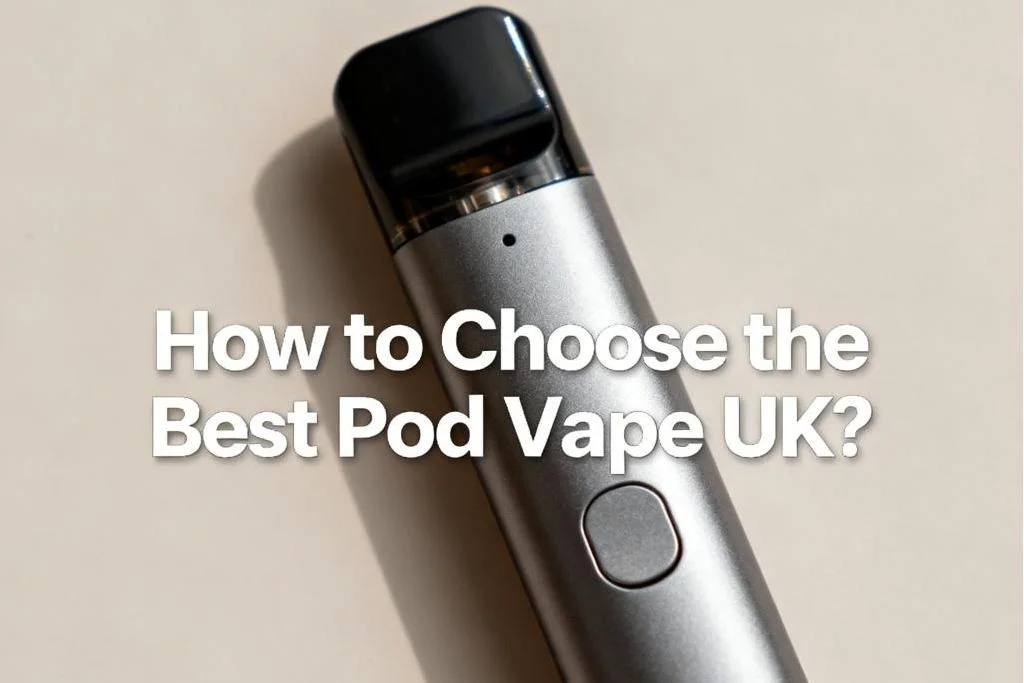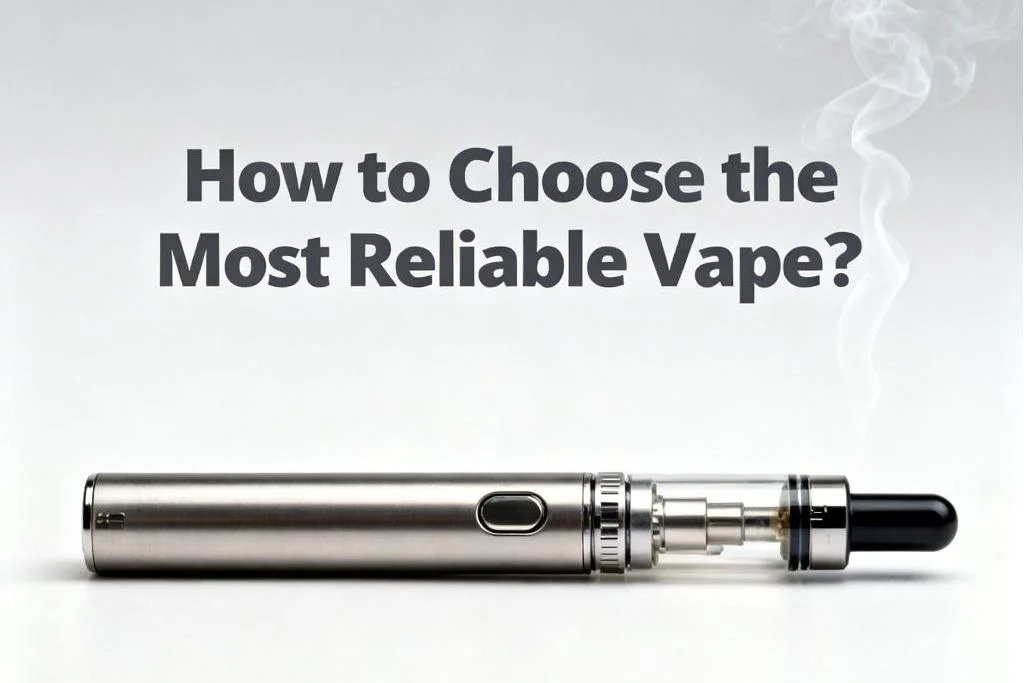Can I Vape After Wisdom Tooth Removal?
If you're a frequent vaper, you may be wondering if it's okay to keep vaping after you've had your wisdom teeth taken out. This common surgical procedure can be uncomfortable during recovery. You experience pain, swelling, issues eating for several days. It's normal to worry about disrupting healing if you vape often. Let's discuss can I vape after wisdom tooth removal?
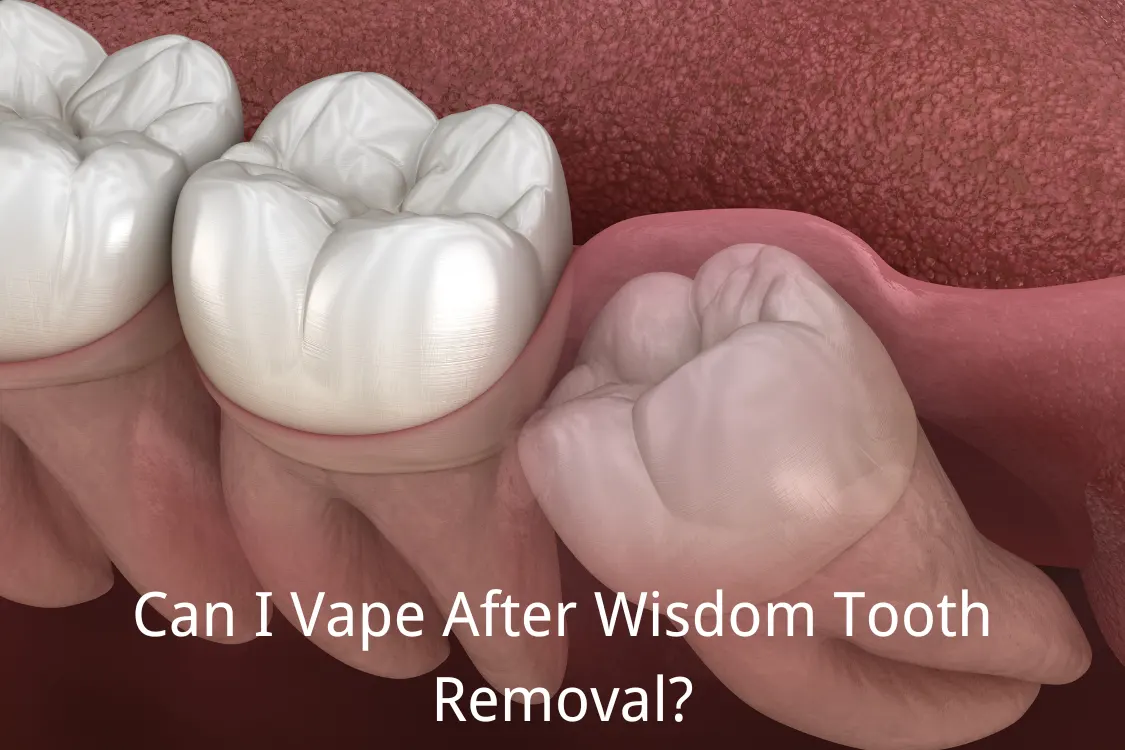
Why Do Wisdom Teeth Need to be Removed?
Wisdom teeth are the last molars that emerge, usually when you're around 18 to 21 years old. They're located right at the back of your jaw. Many people don't have enough room for these third molars to come in properly. Partially impacted wisdom teeth often wind up getting stuck. They can't fully emerge through your gums due to lack of space. Dentists recommend removing problematic wisdom teeth that become impacted. Leaving them in can lead to pain, infections, cysts, damage to nearby teeth and other issues. Extraction is the best way to prevent long-term dental problems.
Wisdom teeth extraction is very common - over 5 million are removed per year in the United States alone. Some reasons your dentist may advise getting your wisdom teeth taken out include:
- Repeated infections of the gum tissue surrounding the partially erupted tooth. This swelling and infection is called pericoronitis.
- Cysts or tumors forming around trapped wisdom teeth can damage surrounding areas.
- Tooth decay in neighboring teeth made worse by impacted wisdom teeth. Their odd angles and positions make them prone to cavities.
- Gum disease aggravated by wisdom teeth that are hard to clean around.
- Jaw pain, headaches or bite misalignment caused by impacted wisdom teeth pushing on other teeth.
- Orthodontic treatment, wisdom teeth often need to be removed before or after braces to prevent shifting of straightened teeth.
Surgery to remove impacted wisdom teeth prevents much more serious problems down the road. It's best to have them taken out when you're young and before your jawbone is fully formed. Extraction at a later age is more complex with longer recovery times. Listen to your dentist's recommendation on if and when your wisdom teeth need to go.
The Wisdom Tooth Extraction Procedure
Your oral surgeon will take out your wisdom teeth as an outpatient procedure under anesthesia. This is usually done right in their office, but sometimes in a hospital for more complex impactions. You can opt for local or general anesthesia.
With local, you remain awake but numb during the procedure. The surgeon injects a local anesthetic like novocaine into your gum tissues. You may also get an intravenous (IV) sedative to relax you. General anesthesia puts you in a deeper sleep throughout the surgery.
Here's what happens during wisdom tooth extraction:
Preparing the Tooth
The oral surgeon makes an incision in your gum tissue over the impacted wisdom tooth. They lift up a flap to expose the tooth and bone covering it. Your jawbone may need to be trimmed away with a drill or tool to reveal more of the tooth.
Removing the Tooth
Once enough of the tooth is accessible, the surgeon uses tools like elevators and forceps to loosen it from the bone. They rock the tooth back and forth while applying gentle pressure to extract it. Harder to remove teeth may be sectioned or broken up into smaller pieces first.
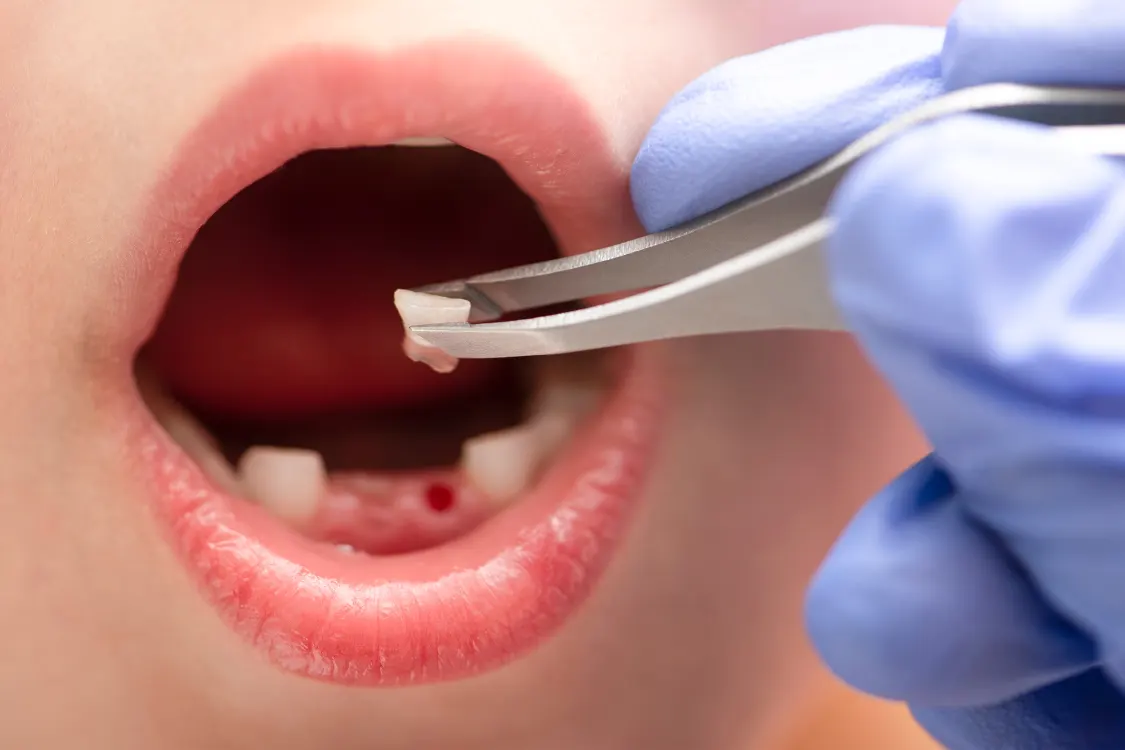
Closing the Extraction Site
After fully removing the wisdom tooth, the surgeon irrigates the socket with a sterile saline solution. This cleans out any debris. They use sutures to close the gum incision, then pack gauze into the socket to control bleeding. You'll need to apply pressure by biting on the gauze for 30-60 minutes.
Typically your lower wisdom teeth are simpler to extract since they have just one root. Upper wisdom teeth often have two or three roots intertwined, making them harder to take out in one piece. Healing may take longer when more surgical cutting is required.
In many cases, all four wisdom teeth are removed at the same appointment to avoid multiple surgeries. Your face will be numb for hours after from the anesthetic. Take it easy the rest of the day. Soon you'll feel some discomfort as the anesthesia wears off.
What to Expect After Wisdom Tooth Extraction?
Wisdom tooth removal recovery varies by person. It depends on your pain tolerance, complexity of the extractions, how you care for your mouth after surgery, and other factors. Follow your dentist's home care instructions closely to prevent complications. Here's what to typically expect:
Pain and Swelling: Everyone experiences some level of pain and swelling for a few days after having their wisdom teeth taken out. Your dentist will suggest over-the-counter pain relievers like ibuprofen or acetaminophen for discomfort. Take these as directed. Swelling peaks around day 3. Apply an ice pack to your cheek for 10 minutes at a time to control inflammation. Sleep propped up on pillows the first couple nights.
Numbness in Face and Mouth: The anesthesia can leave parts of your lips, chin, cheeks, and tongue numb for several hours post-surgery. This lack of sensation should diminish steadily. Call your dentist if numbness persists beyond 24 hours. This could indicate nerve inflammation or damage.
Bleeding: Oozing from the extraction sockets is normal for the first 24 hours. Keep biting firmly on the gauze pads until bleeding stops. Don't spit out blood - swallowing it is fine. Some minor re-bleeding when you eat is also common initially.
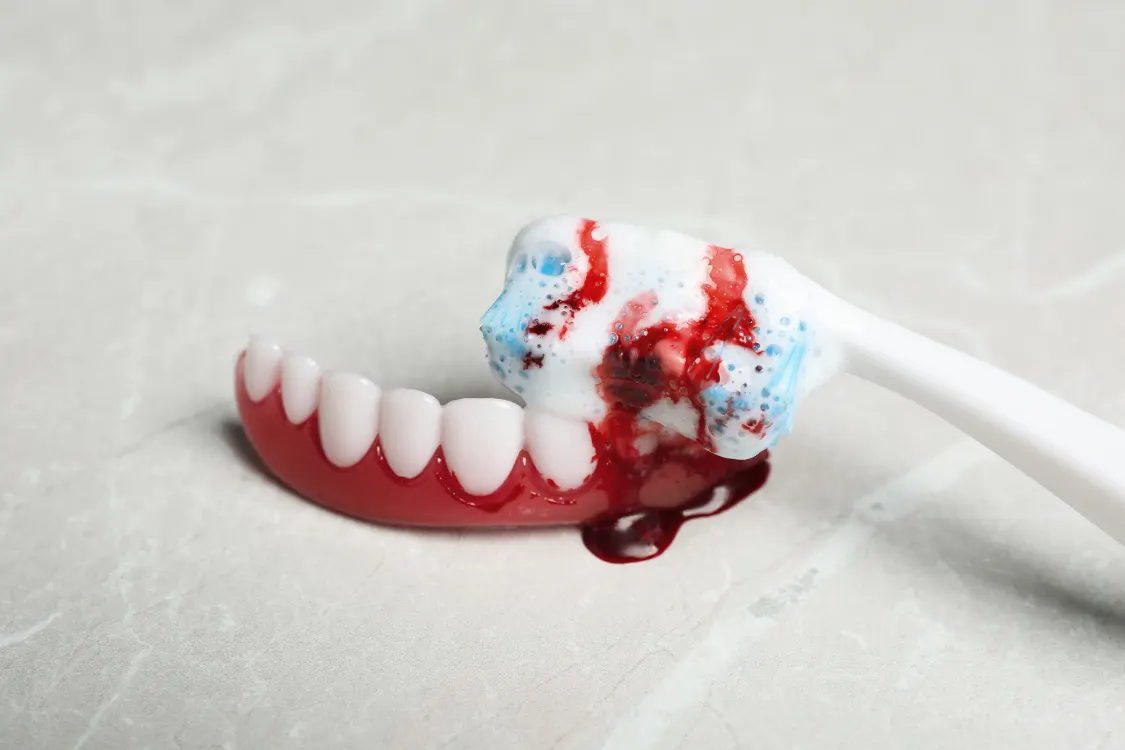
Diet and Eating Difficulties: Chewing will be difficult and uncomfortable. Stick to a liquid diet the first day, then soft mushy foods like applesauce, mashed potatoes, broth, eggs. Avoid very hot, spicy, crunchy, or acidic foods that could irritate the surgery sites. Stay hydrated with water, smoothies, non-fizzy juices.
Activity Restrictions: No strenuous exercise like running or heavy lifting for at least 3 days. This raises your blood pressure and risks re-bleeding. Also avoid smoking, drinking alcohol, using a straw, spitting, and swishing vigorously. Take it easy to let your body focus on healing.
Bad Breath: Expect foul breath for a couple days after as the surgery sites heal. Brush carefully around the areas when able. The whitish plaque coating the sockets is normal granulation tissue. Don't attempt to wipe it away.
Within about 7-10 days, you should turn a corner in your recovery. Pain and swelling decrease, diet returns mostly normal, mouth feels less tender. Healing continues over the next several weeks as the sockets fill in with new bone and tissue.
Is Vaping Okay After Wisdom Teeth Removal?
Now let's discuss the main question on your mind - is it safe to vape after your wisdom teeth are extracted? The short answer is no. Your dentist and oral surgeon will instruct you not to smoke or vape for a period of time after surgery. This pause allows for proper healing and avoids risks like dry socket.
Dry socket is the most worrying complication from vaping after extraction. It occurs when the blood clot protecting the socket gets dislodged too soon. This exposes the underlying bone and nerves before the socket can mend. The result is severe throbbing pain that requires emergency treatment by packing the socket.
So If you just had your wisdom teeth extracted, we'd suggest stopping using ske crystal bar, SKE crystal plus, and other vape of different brands.
Here are reasons dentists caution against vaping after wisdom tooth removal:
- Suction from vaping can disturb the protective blood clot, leading to dry socket pain. This happens with smoking too.
- Vaping introduces moisture, debris and germs into the fresh surgery sites, raising the risk of infection.
- Nicotine causes vasoconstriction, reducing blood flow needed for oxygen and nutrients to aid healing.
- Coughing from vaping puts pressure on the extraction sockets, which you want to keep free of disturbance initially.
- The act of inhaling and exhaling vapor may irritate the surgery sites or feel uncomfortable.
So when is it advisable to start vaping again after wisdom tooth extraction? Here are general guidelines on downtime:
Managing Without Vaping After Oral Surgery
When you're a regular vaper, getting through oral surgery recovery without vaping can be very difficult. Here are some tips to help you cope:
Talk to your dentist: Let them know you vape so they understand. Follow their instructions for when it's safe to vape again after wisdom tooth extraction. Call them if you have complications before resuming vaping.
Consider lower nicotine vape juice: Once you start vaping again, opt for lower concentration nicotine juice. Work your way back up slowly to your regular level. This prevents severe nicotine withdrawal.
Try nicotine gum or lozenges: These can help overcome cravings but use cautiously. Avoid chewing on the surgery side. Stop if you notice bleeding.
Drink lots of cool fluids: Stay hydrated with water, juices, smoothies. Dehydration worsens nicotine cravings. Fluids also aid healing.
Get extra rest: Don't overexert yourself. Follow your dentist's instructions to recover properly before regular activity. Adequate rest is key.
Occupy yourself: Binge watch shows, read books, gentle short walks. Avoid triggers like watching others vape. Stay busy to distract yourself from urges.
Set a date: Mark on your calendar the day your dentist says you can vape again. Having an end date motivates you to stick with not vaping as you heal.
Curb oral habits: Try to avoid habits like licking your lips, cheek biting, teeth grinding. This protects the surgery sites.
Use nicotine replacement: Discuss options like gum, patches, lozenges with your dentist to control withdrawal. Use cautiously around surgery areas.
Join a support group: Talking with others about how they managed helps. You can share tips and encouragement.
With some patience and smart oral care, your mouth will heal wonderfully after wisdom teeth removal. Follow your dentist's instructions carefully. Once recovered, you can return to vaping with a low risk of complications.
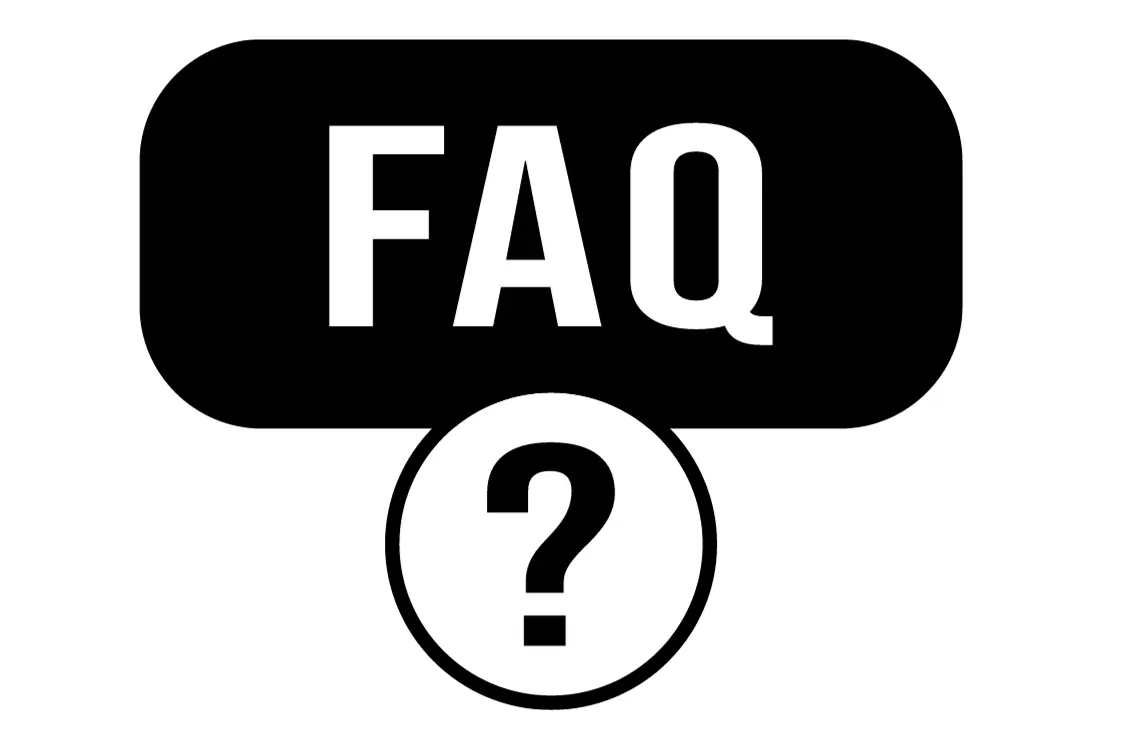
Common Questions About Vaping After Wisdom Tooth Surgery
Let's go over answers to some frequently asked questions about vaping after wisdom tooth extraction:
1. How long should I really wait to vape after the surgery?
It's best not to vape at all for a minimum of 3 days post-procedure. But to be safest, wait the full 2 weeks until your oral surgeon confirms the sockets have closed up and healed adequately for vaping.
2. What if I accidentally take one puff after the surgery?
Don't panic if you absentmindedly take a single puff from your vape during recovery. Just avoid any more vaping for at least week as your mouth heals. Monitor for increased pain or bleeding. Call your surgeon if concerned.
3. Can I vape lightly or at a lower wattage setting after wisdom tooth removal?
No, vaping at any intensity too soon after surgery can still potentially dislodge the clot. Follow the dentist's recommendations on when your mouth has mended enough to try vaping again.
4. Does vaping really cause dry socket after extraction?
Yes, vaping's suction action can prematurely remove the protective blood clot over the socket. This exposes the bone and nerves to air, food, liquid, leading to severe pain. It's critical to allow a blood clot to properly form undisturbed for at least 72 hours before vaping.
5. Is smoking or vaping okay 24 hours after getting my wisdom teeth out?
Absolutely not, 24 hours is too soon to smoke or vape after extraction. You need 3-14 days for your mouth to begin healing before introducing suction, heat, nicotine. Stick to the timeline your oral surgeon gives you.
6. Can I vape with nicotine-free juice after surgery?
It's still advisable to avoid any vaping for at least 3 days post-procedure, even 0% nicotine juice. The suction and irritation could impact healing. Wait until your dentist confirms it's safe to resume vaping.
7. What are symptoms of dry socket after wisdom tooth removal?
Severe throbbing pain several days after surgery, bad breath, foul taste in your mouth, and perhaps some bleeding indicate a dry socket. The pain may radiate up your jaw to your ear. Contact your oral surgeon immediately if you develop these symptoms after vaping.
8. Is an e-cigarette safer than smoking tobacco after oral surgery?
No, vaping poses risks identical to smoking after wisdom tooth extraction or other dental surgery. Both can disrupt healing blood clots. Avoid all nicotine and inhalation products during recovery.
9. How can I avoid a dry socket if I vape?
You can prevent a dry socket by adhering to your dentist's instructions on downtime from vaping after surgery. Wait the full recommended time period until they confirm your mouth has healed adequately before vaping again. Take it slow when you resume vaping.
In summary, it's crucial to avoid any vaping for 3-14 days after wisdom tooth extraction or other oral surgery. This pause lets your mouth heal properly and minimizes the risk of agonizing dry socket complications. Show patience and follow your dentist's guidance. Soon you can return to vaping safely once recovered.
Reference: VAPING AFTER ORAL SURGERY
TABLE OF CONTENTS
- Why Do Wisdom Teeth Need to be Removed?
- The Wisdom Tooth Extraction Procedure
- Preparing the Tooth
- Removing the Tooth
- Closing the Extraction Site
- What to Expect After Wisdom Tooth Extraction?
- Is Vaping Okay After Wisdom Teeth Removal?
- Here are reasons dentists caution against vaping after wisdom tooth removal:
- Managing Without Vaping After Oral Surgery
- Common Questions About Vaping After Wisdom Tooth Surgery
- 1. How long should I really wait to vape after the surgery?
- 2. What if I accidentally take one puff after the surgery?
- 3. Can I vape lightly or at a lower wattage setting after wisdom tooth removal?
- 4. Does vaping really cause dry socket after extraction?
- 5. Is smoking or vaping okay 24 hours after getting my wisdom teeth out?
- 6. Can I vape with nicotine-free juice after surgery?
- 7. What are symptoms of dry socket after wisdom tooth removal?
- 8. Is an e-cigarette safer than smoking tobacco after oral surgery?
- 9. How can I avoid a dry socket if I vape?

